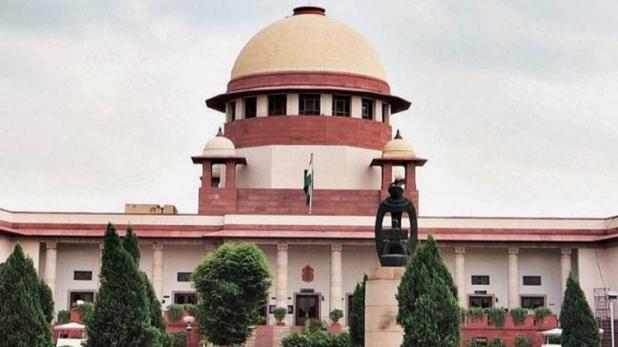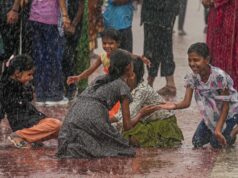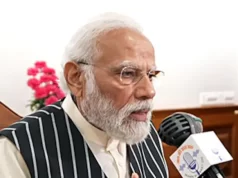By day, the unforgiving sun glares off the road beside Ipah’s wooden home with blinding brightness as a passing motorbike stirs a swirl of dust.By night, the beams of an occasional truck carrying coal or palm fruits pierce the darkness.
This remote corner of Indonesia is set to be transformed from a forest backwater on the island of Borneo to a global city – a new capital of a country whose 260 million people make it the world’s fourth most populous.At her stall serving ice tea and instant noodles, Ipah, an 18-year-old single mother, worries about what the change will bring.”Cities in Kalimantan are peaceful and safe,” said Ipah, who like many Indonesians uses only one name, referring to the Indonesian part of Borneo island.”The capital is a city that never sleeps. Too much smoke, too much fuss.”
The capital Jakarta’s reputation as a crowded, polluted mega city of more than 10 million people – one that is slowly sinking into the sea – is partly why Indonesia plans to move government offices to a “Forest City” in East Kalimantan province.The logic of the plan, first mooted nearly 70 years ago, is also to escape Java’s earthquake risk and to swing Indonesia’s political center nearer the middle of the archipelago and away from the politically dominant island.
“Within five years, we think there will be 200,000 to 300,000 people. Within 10 years, maybe the population will reach 1 million. And then after that 1.5 million,” Planning Minister Bambang Brodjonegoro told Reuters in Jakarta.”We will manage the growth of the city so that it doesn’t wildly expand out of control,” he said.
The vision set out in glossy presentations for a $33 billion city is inspired by the good management of Seoul, the greenness of Singapore and Washington’s separation of administration from business, he said.The site of the new capital is about 1,300 km (800 miles) northeast of Jakarta.Reuters reporters traveled more than 280 km (175 miles) across the designated area, the thinly populated forested region of North Penajam Paser and Kutai Kartanegara, between the existing cities of Balikpapan and Samarinda.
By identifying the site for the yet-to-be-named capital last week, President Joko Widodo – known as Jokowi – got closer than ever to realizing a move now set to start in 2024. “Our people are grateful, Alhamdulilah (praise be to God),” said Abdul Gafur Mas’ud, regent of North Penajam Paser. “This regency has been considered undeveloped.” The congratulatory bouquets arrayed at his office are as bright as the mood in town since the decision. Many residents spoke of their hopes for better schools and paved roads, for clean, piped water and reliable electricity.








